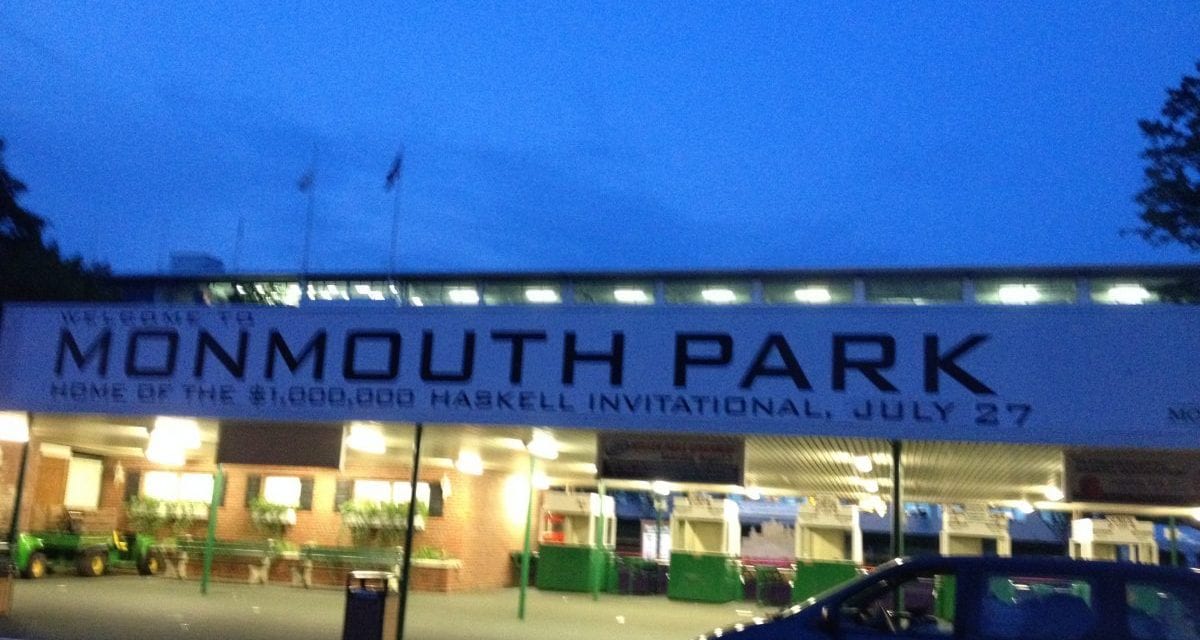Governor Chris Christie (R-NJ) today vetoed legislation that, proponents said, would have allowed New Jersey’s casinos and racetracks to accept wagers on sporting events.
The decision marks a blow to the state’s ailing casino and horse racing industries, which were hoping that sports gambling would provide a shot in the arm. Indeed, bookmaker William Hill has already created a sports bar at Monmouth Park that would convert readily to a sports book.
The bill, which passed both houses of the Legislature by large majorities, was the state’s second recent attempt to allow sports betting. The first, which Christie signed into law in 2012, would have allowed regulated sports wagering. But federal courts ruled that the state law violated the federal Professional and Amateur Sports Protection Act (PASPA), which says that states may not “sponsor, operate, advertise, promote, license, or authorize by law” sports gambling, except for a handful of states which permitted it prior to the federal law.
Sports betting advocates, led by Sen. Ray Lesniak (D-Union), thought they’d found a way around the courts’ ruling: a law deregulating sports wagering at casinos and tracks, which they argued would skirt the federal requirements by taking the state out of the equation altogether.
But Christie, who in his statement accompanying the veto trumpeted his administration’s “commitment to reversing the the trend of economic contraction in the State’s gaming industry,” called that a “novel attempt to circumvent the Third Circuit’s ruling.”
He added, “This bill partially deregulates betting at casinos and racetracks in an effort to sidestep federal law.”
Senator Lesniak told reporters that he would try to gather enough support to override the governor’s veto. Though the bill passed by wide enough majorities that that could be feasible, no Democratic override of a Christie veto has succeeded yet.
Christie did offer some solace to sports wagering supporters.
“The Third Circuit’s opinion may not have foreclosed all legal avenues for permitting sports wagering within the State,” he wrote. “Now that the Supreme Court has made clear that it will not be taking the case, the time is right to examine the Third Circuit’s opinion carefully and determine if a different approach towards sports wagering would comply with federal law.”







